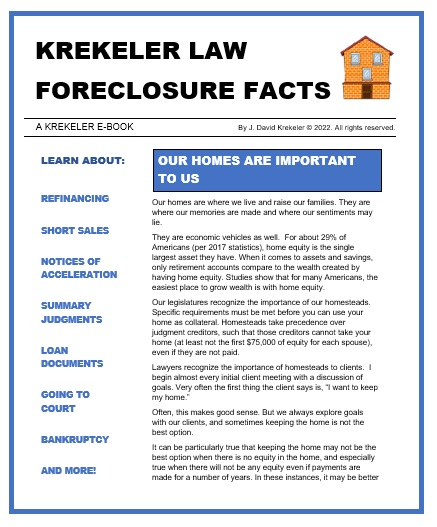Not too long ago, an attorney called me on the Lawyer-to-Lawyer directory*.
He had recently obtained a judgment for his client against a Limited Liability Company (LLC). The amount of the judgment was $17,000, and he believed the LLC might not have much in the way of assets.
His question to me was, “What steps or actions should I take to collect?”
The answer to that question, like the answer to so many legal questions, depends on the facts. Fortunately, this attorney knew a little about the debtor LLC. For instance, that it operated a retail establishment.
Unfortunately, the attorney did not know much more than that about the judgment debtor. He did know that his client did not want to throw good money after bad.
My first question to him was, “How much is your client willing to spend to try to collect or to learn whether or not to invest more money?”
There is almost no limit to how much one can spend on legal fees. With a $17,000 judgment, it is safe to assume that the creditor did not want to spend anything close to that amount.
This left the attorney and his client with two viable options. One would be to conduct a supplemental examination of the judgment debtor. This entails taking the debtor’s sworn testimony, and usually having the debtor provide documents such as tax returns, bank records, and accounts receivable listings. With the information gathered, the creditor could then make further decisions about how to proceed.
The information gathered at the supplemental examination may allow the creditor to proceed with a garnishment of bank accounts or of accounts receivable. It might disclose persons who are holding property that belongs to the debtor or, in this case, inventory that had already been paid for.
The supplemental examination could also be adjourned if the debtor did not provide all the requested documents or information.
Another option in this instance might be an execution. As a highly skilled and well-respected creditors’ rights attorney named Bob Pasch taught me many years ago, an execution does not mean that the debtor is blindfolded and stood before a firing squad. It’s a legal term that means the sheriff potentially sell certain assets (money, real property, or other assets) of the debtor, in order to transfer their value from the debtor to the creditor.
The execution is fairly simple to bring about, so it’s not very expensive. If property is identified which the sheriff may seize, a surety bond will likely be required. Sheriffs do not like being liable for improperly seizing property.
Because this particular judgment debtor owned a retail establishment, the execution might be quite effective. The sheriff may be able to seize inventory, furniture, and fixtures. The sheriff may also be able to do what we call a “till tap,” taking cash from the register.
Before taking either of these actions, the supplemental examination or an execution, I recommended that the attorney conduct a lien search at the Department of Financial Institutions. That agency’s records should show what creditors might have a lien on the personal property of the judgment debtor. This is valuable information, as you do not want to go to the trouble and expense of seizing assets, only to later discover that those assets are encumbered in favor of a bank or other creditor. Few clients want to pay to liquidate collateral for another creditor.
Wisconsin law provides judgment creditors with a variety of remedies. Which ones to utilize will vary with the circumstances. The decisions will hinge upon factors which include both the amount of money at stake and the amount the judgment creditor is willing to invest.
In short, if you’re a creditor seeking money that is owed to you, always question your lawyer about the collection methods to be used, including their costs, and request an approximate timeline. Your lawyer should also give you his or her recommendation, as well as the reasons behind that recommendation.
* The Lawyer-to-Lawyer Directory is a wonderful service provided by the State Bar of Wisconsin. It enables lawyers to get free advice from other lawyers in areas or specialties in which the inquiring lawyer needs help. I have long been a member of the directory, offering advice on topics related to my practice areas, and I often use the directory to get help in areas that are not my specialty.

